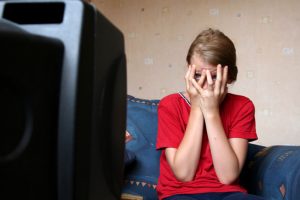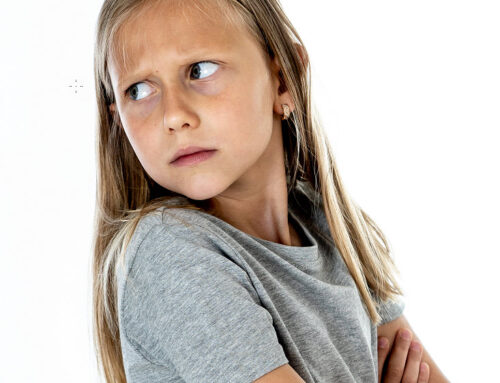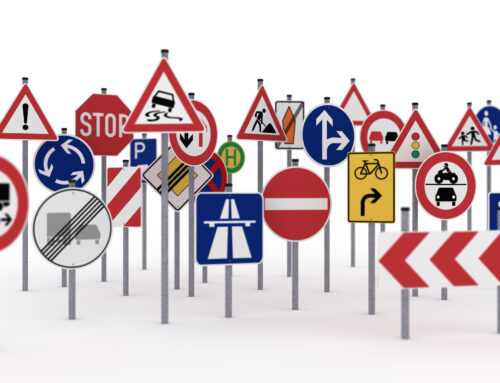How can we help our kids deal with
these horrific disasters that are becoming far too common.
With the continued horrific new stories coming into our lounge rooms almost monthly, if not more, how do we manage our children’s concerns, anxiety and fears.
Children under the age of 6 years should not be privy to any news stories and parents need to ensure they are protected by any atrocity occurring in the world. Once children grow older they will discuss events at school, in the classroom and hopefully with parents. But how do we manage these emotions so many of our children feel in the aftermath of such tragedies like the Orlando shootings, terror attacks, even local new stories of distressing events?
Children once in primary school know their way around the internet to find and come across many news stories. They can watch, read and hear all about world wide events almost instantaneously. Problem is many children do not have the capability to understand theses stories in context, nor do they have the capacity to recognise the origin of stories as legitimate.
How then do we protect our children when these events continue to happen in our world? How do we protect them, should we protect them from these stories and what can we do to ensure they learn to cope with their fears or anxieties?
Children under 6 years should not be listening to television news stories of a night. Television is visual and once a picture has been seen it is impossible to be unseen. Children lack the capacity to understand the event happened on the other side of the world and not next door to them. They confuse facts with fear.
Children 7 – 11 years have the ability to access information more freely. While they may understand the event happened in another country or state they may not be able to fully comprehend the distance the event occurred particularly if the community or the place looks like their street or city. Therefore, the event comes closer to home even if it happened a distance away.
Children 12 – 16 years have full access to all world news, they can read, understand and acknowledge the world is not such a huge place and many may have travelled to a number of countries in the news. The Bali bombings, the Fiji cyclones, the American tornado destruction, the terror attacks occurring in many countries, including our Lindt Café attack all allow the child to recognise and identify these places and some have even visited there personally. It hits home and becomes close.
Children, many people in fact, struggle with the why and the what-if? How then do parents protect their children, discuss the events that have occurred and soothe their concerns and anxieties? Parents must be aware of their conversations between each other as children will hear and pickup on the parents fear or emotions.
Tips to talk to your children to help allay their fears include:
Children under 6 years
- Guard them against listening to news stories
- Answer briefly any questions they ask if they have heard discussion of the event
- Ensure they feel safe with you as often they fear a separation from you
- Provide them with safety tips if the event occurred close such as: stay with an adult, remain inside the car or house, etc
- Change the topic to a happy memory or watch a fun movie together
Children 7 – 11 years
- If the child knows about the story answer any questions they ask you. Only provide answers to their questions and keep responses brief
- Find a positive about each news story, may be a person helping someone or a community banding together
- Keep an eye on them to determine if they are affected; notice any withdrawal or focus on each news report, then discuss their feelings and emotions so they can unload
- Supervise their internet use to ensure they are not seeking additional news coverage that may be escalating the event tragedy
Children 12 – 16 years
- Discuss the event, gather their thoughts and discuss their feelings
- Conversation is at a more grown-up level
- This is the age that personal passion and opinion can be strong, agree with their opinion they feel is right
- After a day or two when emotions have subsided somewhat, discuss another perspective to their emotions if you believe they are not understanding the complete picture
- They often personalise the event and connect it to their life so open discussion is imperative
- Speak with the school so the event can be discussed in a forum situation can often assist teens to be heard and share emotions.
The most important thing to remember with our children is they are becoming more aware of life tragedies. They occur frequently with newsfeeds daily from all over the world, they often witness events as it is happening and it can immerse them into the event. It is important to have the communication gateways remain open, never dismiss their thoughts or feelings as trivial as to them it may be massive.
If you ever feel your child is struggling with fear or anxiety due to these type of events, I urge parents to seek professional help for their child.
 Click here for more articles from Dr Karen
Click here for more articles from Dr Karen






